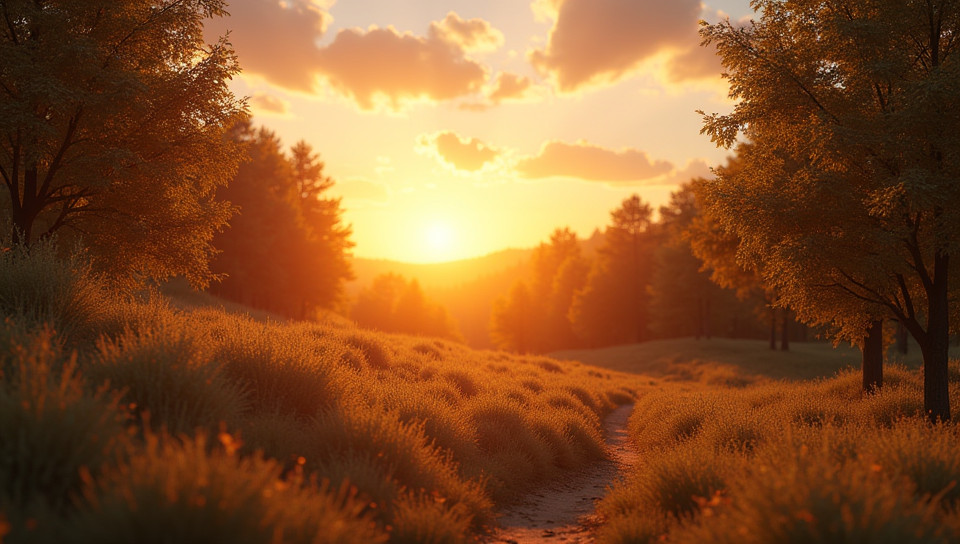Lower sun angles reduce the amount of available light 54%

The Hidden Impact of Lower Sun Angles on Light Availability
As we navigate our daily lives, it's easy to overlook the subtle yet significant effects of sunlight on our surroundings. One such phenomenon is the reduction in available light when sun angles dip lower in the sky. This shift has far-reaching implications for various aspects of life, from energy consumption and urban planning to agriculture and our overall well-being.
Understanding Sun Angles
Sun angles refer to the position of the sun in the sky relative to a particular location on Earth. As the sun moves across the horizon, its angle changes, affecting the amount of light that reaches us. Lower sun angles occur during early morning and late evening hours when the sun is positioned closer to the horizon.
Why Do Lower Sun Angles Reduce Light Availability?
There are several reasons why lower sun angles lead to reduced light availability:
- Reduced direct sunlight
- Increased atmospheric scattering of shorter wavelengths (e.g., blue light)
- Longer shadows, blocking sunlight from reaching certain areas
Practical Implications
The effects of lower sun angles are noticeable in various aspects of our lives:
- Energy consumption: As daylight hours shorten, we rely more heavily on artificial lighting, leading to increased energy consumption and associated greenhouse gas emissions.
- Agriculture: Farmers must adapt their growing schedules and crop selection to optimize yields during periods with reduced sunlight.
- Urban planning: Cities often implement lighting schemes to compensate for lower sun angles, affecting the aesthetic and functional design of public spaces.
Conclusion
Lower sun angles have a profound impact on light availability, influencing our daily lives in ways both subtle and significant. By understanding these effects, we can better navigate our surroundings, make informed decisions about energy consumption, and create more sustainable and livable environments for ourselves and future generations.
- Created by: Elijah Gonzalez
- Created at: Oct. 13, 2024, 1:20 p.m.
- ID: 12407








